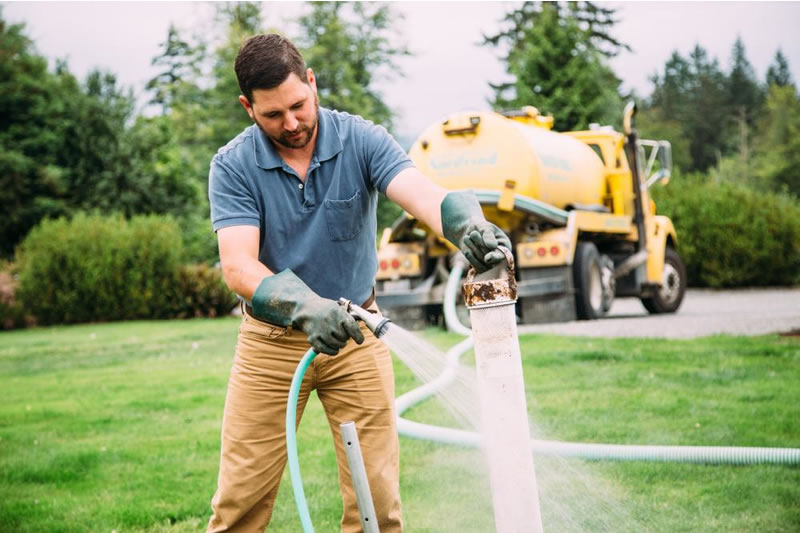
Septic tanks play a crucial role in managing household waste in areas without access to a centralized sewage system. Proper maintenance and care of your septic tank are essential to ensure its longevity and prevent potential hazards. Ignoring septic tank safety can lead to costly repairs, health risks, and environmental pollution. To help you maintain a healthy septic system, here are five septic tank safety tips you should never ignore.
One of the fundamental aspects of septic tank maintenance is regular pumping. Over time, solid waste and sludge accumulate at the bottom of the tank, reducing its effective capacity and hindering the treatment process. A septic tank should be pumped every three to five years, depending on its size and household usage.
Neglecting regular septic tank pumping can lead to overflowing septic tanks, causing foul odors, sewage backups, and potential contamination of groundwater. To avoid these issues, hire a professional septic company to perform routine inspections and pumping as needed. They have the expertise and equipment to handle the task safely and efficiently.
What you put into your septic system directly impacts its functionality and lifespan. Avoid flushing or draining harmful substances such as grease, oils, pesticides, paint, and non-biodegradable items down your drains. These materials can disrupt the natural biological processes within the tank and clog the drain field, leading to expensive septic tank repair and replacements.
Similarly, excessive use of chemicals like bleach and strong cleaners can kill beneficial bacteria that break down waste in the tank. Consider using environmentally friendly cleaning products to maintain a healthy balance of bacteria within the system and prevent the need for septic tank repairs.
Conserving water not only benefits the environment but also helps your septic system function optimally. Excessive water usage overloads the tank and can lead to premature failure. Practice water-saving habits, such as fixing leaks promptly, using high-efficiency appliances, and spreading out laundry and dishwashing loads over time.
Additionally, be cautious during heavy rainfall. Excess water entering the tank can disrupt its balance and cause backups. Ensure that roof gutters and drainage systems direct water away from the drain field and septic tank area.
Preventive measures are key to avoiding expensive septic tank issues. Arrange for professional inspections every one to three years to assess the condition of your septic system. Qualified inspectors can identify minor problems before they escalate into major repairs, saving you both money and stress.
During inspections, the septic company will check for signs of leakage, sludge buildup, and any damage to the tank or drain field. They will also examine the levels of scum and sludge to determine if pumping is necessary. By addressing potential issues early on, you can extend the life of your septic tank and avoid emergencies.
If you're installing a new septic tank or repairing an existing one, it's crucial to ensure the job is done correctly. Improper installation can lead to leaks, structural damage, and system failures. Always hire a reputable septic company with experience in septic tank installation and repair. If you haven’t found a reliable company yet and are searching for one, Rooter Septic Services has all that you need. Our professional technicians have the knowledge and tools to handle repairs safely and efficiently, ensuring the system operates smoothly.
To conclude, maintaining a healthy septic tank is essential for the well-being of your home, the environment, and your wallet. Regular septic tank pumping, proper waste disposal, water conservation, inspections, and professional installation and repairs are the cornerstones of septic tank safety. By following these five tips diligently, you can enjoy a trouble-free septic system for years to come.